As Sepp Blatter has so affectingly remarked, the organisation he formerly headed needs evolution, not revolution. There is a consensus that this is also what David Pickard will bring to the Proms, when he takes over after this season. Of course, Pickard’s job is going to be more complex than Blatter’s ever was. The challenge for Pickard is that however hard he tries to please most of the people most of the time, the modalities of running the Proms mean that he cannot be friends with everyone — and for him there will be no short cuts.
What do we expect from the Proms these days? Despite all the flurry in the press pack, the underlying formula has actually become quite fixed in recent years. It remains an overwhelmingly classical music series, with a balance struck between completely unknown modern music (part of the BBC’s commitment to living composers); very big projects, such as the Ring cycle; a judicious sprinkling of well-loved favourites; a dart at one or two whacky out-of-the-box events, like the Radio 1 rapper prom this year; serious neglect of music written before 1700; and an ever-increasing involvement with modern technology, which this year extends to a Proms app.
Pickard is about to become the most advised concert planner in the world. At the heart of the debate that awaits him is just how populist his concerts should be. Labour politicians have been quick to say that the Proms are too elitist for the cost; others point out that the cost is not borne by the public purse but by the licence fee — and that, however much it costs, it is not only popular but also a source of national pride. There is no doubt that Pickard will inherit a healthy scene, so why does he need to change anything? We are told that the 2014 Proms reached 16 million people in the UK alone through television, and 300,000 people attended in person. Disgruntled politicians might take note that a bit of genuine class appeals to the electorate.
I don’t think anyone wants revolution at the Proms, but the pace of evolution is a concern. The Proms formula has to be seen to develop, since some very visible parts of it — such as the Last Night, and the inevitable repetition of some core repertoire and performers — remain defiantly the same. The less savoury aspects of the Last Night will be forgiven if the rest of the festival is evidently not stuck in the mud, an impression that will be pieced together from many small details. Jazz proms are not reliably the answer, nor are family orchestras, nor are more pre-concert slots featuring lectures about your brain, nor are poetry proms, nor are proms featuring children’s creative responses. But a subtle mixture of these things, alongside the normal fare, evolving year on year, is the key to the current success of the series. One begins to appreciate how skilfully the previous director Roger Wright picked his way through this thicket.
But although the garden looks rosy, I fear for this year. Or rather, if what I perceive to be weaknesses in the planning were to run on in the future, I think the series would begin to stumble. Some of the gestures have become a little too obvious. All of Beethoven’s piano concertos? Six of Mozart’s late piano concertos? All five of Prokofiev’s piano concertos in one evening? (‘For the first time ever at the Proms’, chirps the brochure — well, yes.) Nielsen and Sibelius at 150? I suppose so; but what about Arvo Pärt at 80, claimed to be the most performed living composer, whose birthday falls on the penultimate night? Now we have a Bernstein prom, a Sinatra prom and a Late Night with Radio 1Xtra, presenting hip hop to grime, but there is so little music from before Mozart that you would be forgiven for wondering whether it is still part of respectable music-making, in a field where the British are incontestably world leaders.
We can all have a go at trying to put together our ideal Proms mix, sitting at home, without any of the pressures of having to accommodate who is available and what they are touring, let alone dealing with the politics. This is David Pickard’s new job. He comes with an excellent record from running Glyndebourne, where he has shown a knack for broadening the appeal of the music he represents. Glyndebourne will not have prepared him, however, for the balancing act I am describing. Evolution is needed, and it needs, in some measure, to be surprising.
I would like to apologise for an error I made in an article published on 28 February. I said that Ted Hughes had left money in his will for a memorial service, which included a performance of Tallis’s Spem in alium. In fact, Hughes never imagined there would be a memorial service for him and so could have made no provision for it. The service was planned by his widow, Carol.
Got something to add? Join the discussion and comment below.
Get 10 issues for just $10
Subscribe to The Spectator Australia today for the next 10 magazine issues, plus full online access, for just $10.

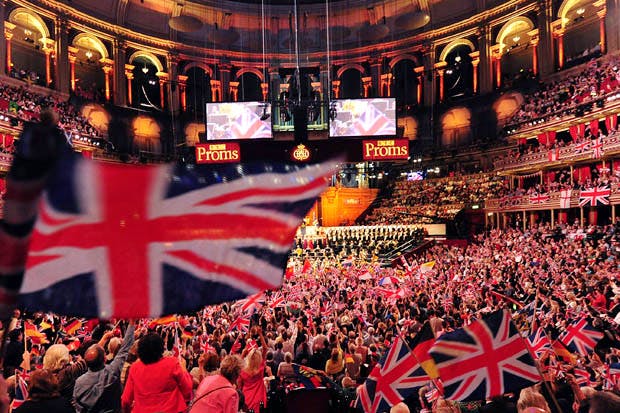
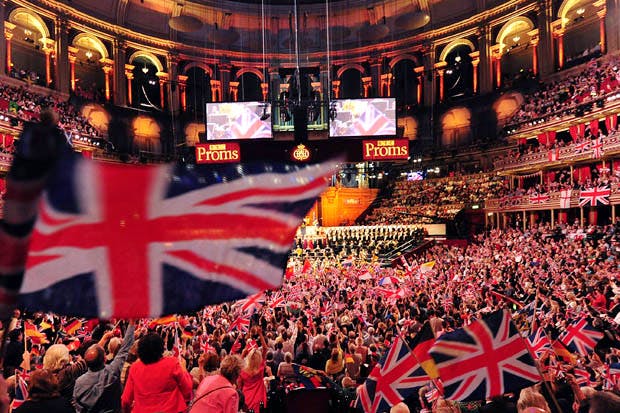
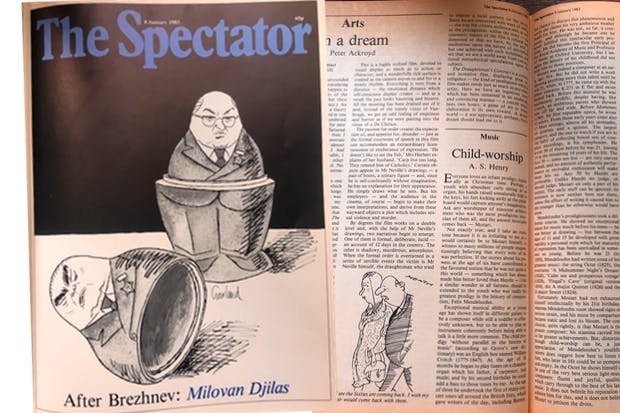
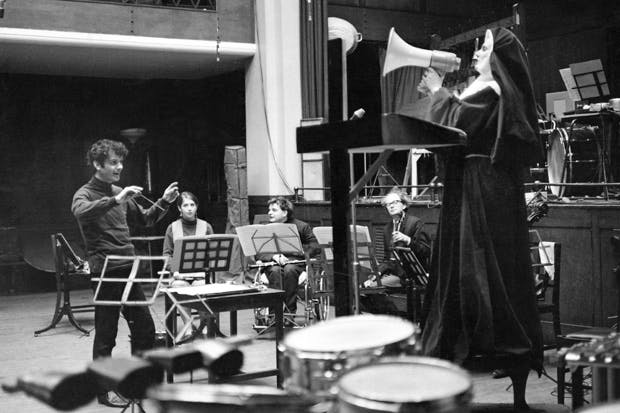
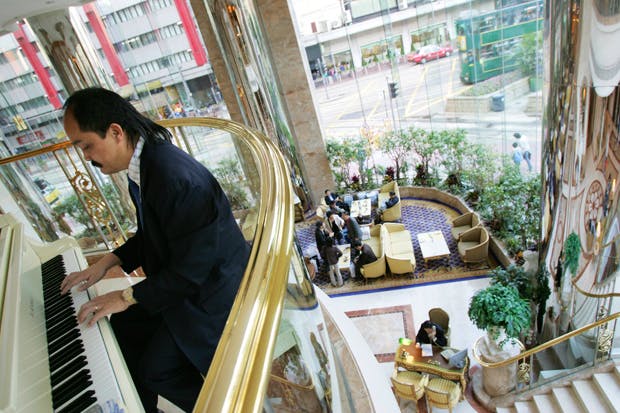






Comments
Don't miss out
Join the conversation with other Spectator Australia readers. Subscribe to leave a comment.
SUBSCRIBEAlready a subscriber? Log in